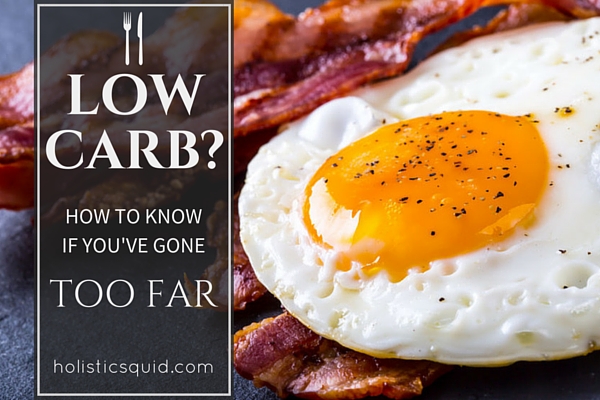
For some folks, eating a low carb, high fat diet can be the key to transforming their health for the better. But as with most things, it depends on the individual, and there is no one-size-fits-all approach to eating “right.” In this post, Jacyln helps us to understand how to know if you've gone too far with your low carb diet. ~Emily
I have done all sorts of diets and temporary detoxes. Each trial has served a purpose and helped me learn what works best for my body, which is mostly grain-free and low carb, but at times, being too low carb has had negative effects on me.
Why low carb?
Low carb diets can be beneficial, as restricting starch and sugars can help with weight loss and healing a variety of conditions. You can read in detail about the benefits of a low carb high fat diet here.
But, can you go too low carb? And how do you know if you have?
Signs you're too low carb
In the midst of lots of diet experiments, I've found myself going too low carb on a few occasions. I become very grouchy, weak, tired, brain-fogged, and overly hungry.
These symptoms may sound familiar to you: that's because they're symptoms of adrenal fatigue, which can develop when you aren't getting enough carbs (read about easy ways to treat adrenal fatigue now!).
Other symptoms to look for:
- Hair loss
- Interruption of menstrual cycle
- Poor recovery from workout (no, it's not normal to feel like you're dying after a run!)
- Inability to lose weight
- Cravings for carbs or sweets (which is very individual, but may be a sign your body needs some carbs and sugars).
If you're on a low carb diet and are experiencing any of the above symptoms, it's possible you've gone too low carb.
How low is too low?
There are very low and zero-carb diets, which are essentially 0-50 grams of carbs per day, though carb needs vary greatly from person to person.
Why women need more carbs
For women, it really goes back to hormones.
The hormone leptin plays a big part in energy production, and has been found in women's ovaries and pre-ovulatory follicles. (source) Leptin is closely related to women's reproductive health and how they feel overall.
So what does leptin have to do with a low carb diet?
Leptin production relies on insulin levels. While the standard American diet can cause a blood sugar roller coaster and irregular insulin levels, and a low carb diet can bring those into balance, a chronically too-low carbohydrate diet can have the opposite effect, eventually causing insulin levels to go too low.
When insulin levels are too low:
Normal fat stores that women's bodies are supposed to have for back-up energy production (especially in childbearing years) are depleted, leptin levels drop.
Proper hormone regulation and energy usage are hindered, which leads to the symptoms of adrenal fatigue we discussed above.
During pregnancy and breastfeeding:
A woman's body demands even more nutrients, and will feel unwell on a diet too low in carbohydrates.
Restricting carbohydrates risks restricting nutrients from a growing baby or for milk production. When your body is not receiving what it needs, it goes into survival mode, and the priority is no longer a baby or breastmilk.
Each time that I've found myself feeling yucky due to carbohydrate restriction, I've been either pregnant or breastfeeding.
Exercise and an active lifestyle also cause a need for more carbs.
Women who may be overweight or just starting to increase activity to improve their health may benefit from a lower carb intake (as discussed in the post about the benefits of low carb high fat diets for weight loss), but will benefit from paying close attention to how they feel after some time on a low carb diet.
How to get a proper amount of carbs
Though the appropriate amount of carbohydrates is going to be different for everyone, most women eating a 2,000 calorie diet should eat between 75-150 grams (15-30% of caloric intake) of carbohydrates daily, and those who are pregnant, breastfeeding, or expend lots of energy may need more. (source)
Ways to get more carbs in:
- sweet potatoes (my personal favorite!)
- fruit
- white rice (read about why you should eat white vs brown rice)
- white potatoes (read about the importance of eating prebiotic foods)
- starchy veggies like carrots, squash, peas, turnips, and rutabagas are good if you're on a strict diet like GAPS (a temporary and very restrictive gut-healing diet that eliminates most sugars and starches).
You do you
Bottom line: eat what makes you feel good. Often, women will start off feeling great on a low carb diet, losing weight and feeling energized, but eventually the lack of carbs catches up to them and they begin to suffer from fatigue, weight-loss resistance, and hormonal imbalances.
Don't just stick with a diet because it worked for you at the beginning. Our needs and our bodies change, so we have to adapt to meet those needs. It's ok to eat carbs if you need them! Really, it is!
Do you know a low carb enthusiast who may need to read this?
Sharing is caring – share using a button below!
When Jaclyn became a mom more than eight years ago, health food was the last thing on her mind, but when her oldest son began to struggle with behavioral disorders, she dove in headfirst to begin learning about how to live and eat naturally. When she began to focus on paleo and GAPS diet foods, her son’s behavior began to improve, her children were healed of eczema and digestive problems, and her own thyroid disorder was healed. Today, she blogs about raising her four boys to be happy and healthy at The Family That Heals Together.



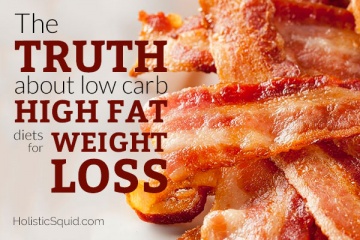
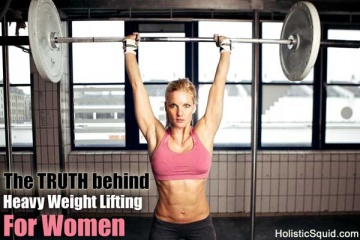
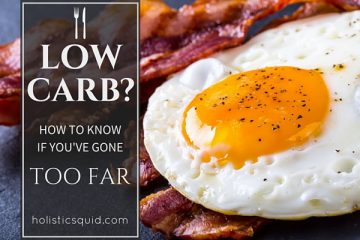
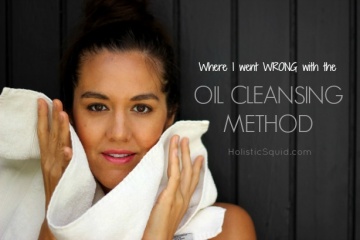
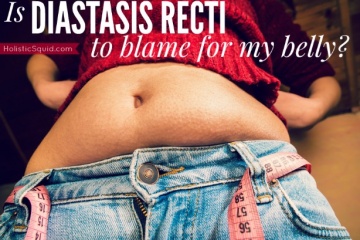
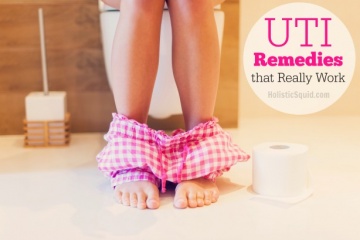
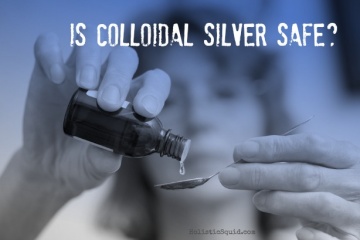
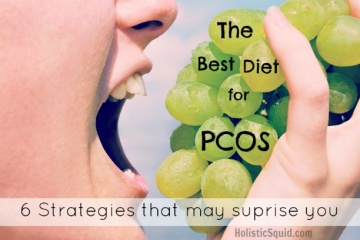

Thank you so much for this article. I have recently come to this realization as well and I think it is important to educate women on this. It is no fun being stuck in irritability, mood swings, frequent fatigue, lack of motivation, weight resistence and still cravings sugar. It’s good to know one isn’t alone and that you aren’t going crazy!
Yes yes yes! The carb balance is a delicate thing, so is going to low in fat! Something I discuss with my clients all the time. Great post!
I agree with almost everything said. There needs to be carb balances. However a true zero carb diet would be very unhealthy as it would contain only pure proteins and have no veggies at all in it. I really wish that people would stop saying they are on a zero carb diet when they mean a low carb diet. ALL veggies contain carbs. For health reasons we should be filling up on green leafy veggies and other non starchy veggies. Please help spread the word about how unhealthy a true zero carb diet would be. Sorry, but there is so much incorrect information out there that I feel needs to be corrected. I do say this with love as I love everyone and truly wish for everyone to be the healthiest versions of themselves.